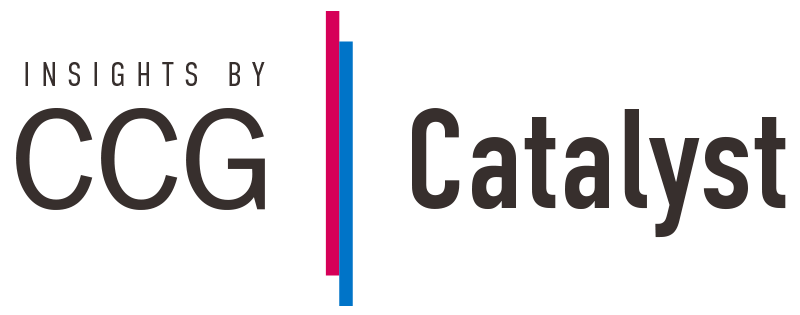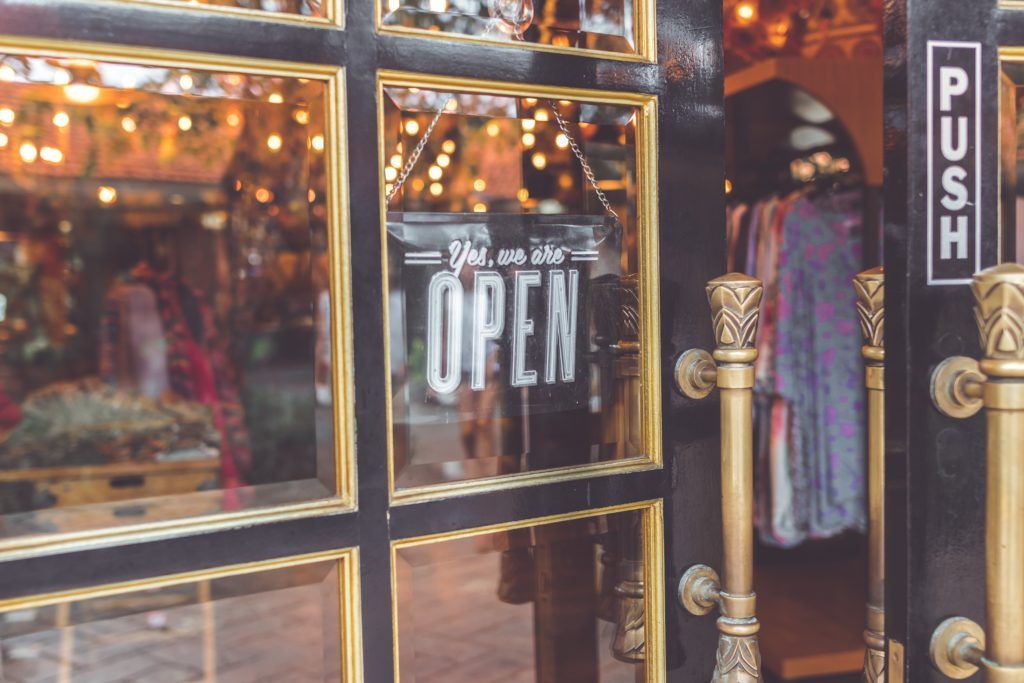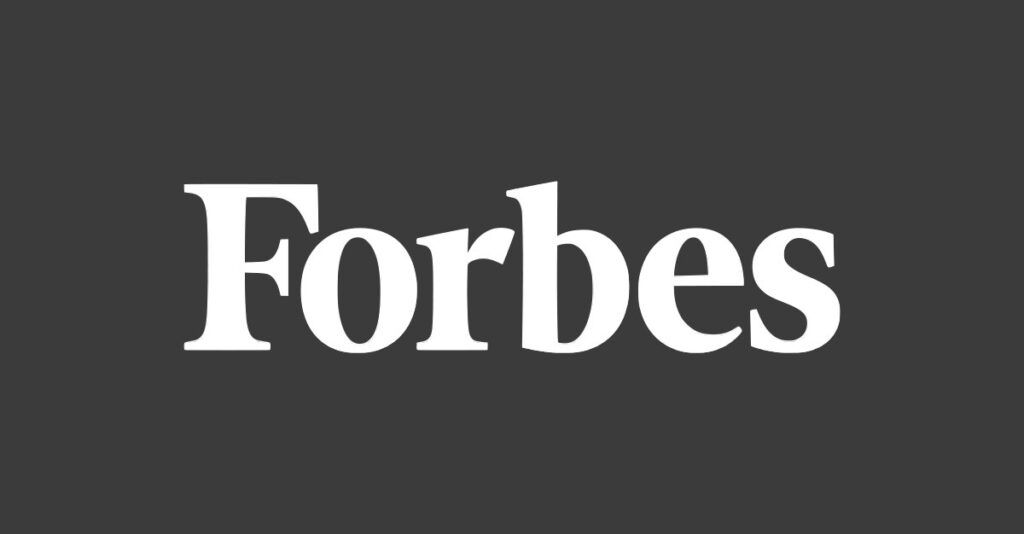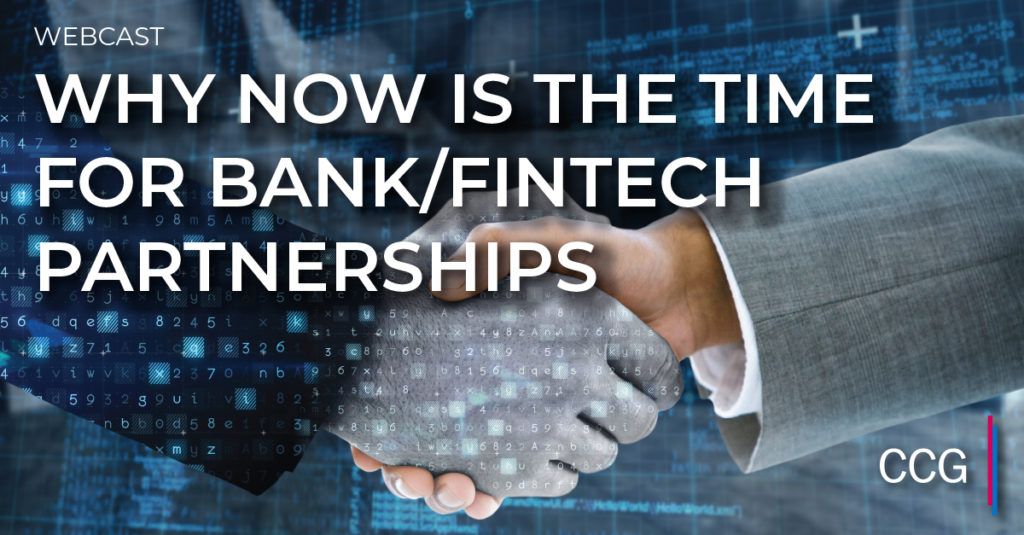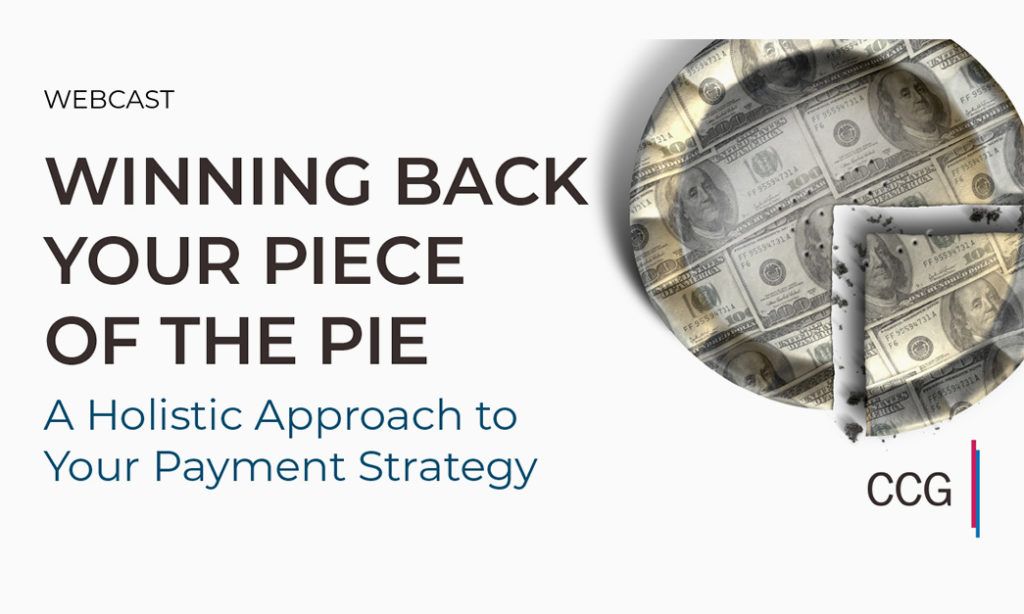E.U. Regulators Have Questions for Libra
Facebook’s cryptocurrency project Libra premiered in June, a spectacularly bad time for the social network. Facebook and CEO Mark Zuckerberg were suffering daily pummeling in the press for the network’s alleged misuse of user data and its supposed role in influencing voters in the 2016 elections.
Still, it was big news that a social network with two billion users was launching a digital currency. If even a small percentage of those users got on board, Libra could have significant impact. But public opinion continued its condemnation of Facebook, even though the social network announced its cryptocurrency project would be designed to empower the global unbanked, and unveiled a long list of high-profile partners.
This list included a number of companies important to the financial services space, including Stripe, Mastercard, Visa, Uber, Lyft, Coinbase, Xapo, Andreessen Horowitz, and PayPal.
Missing from this prestigious list was the banks — any bank. And since the June launch, the enthusiasm of other partners has cooled. In the past few days PayPal has announced it will leave the Libra association and will be focusing on its own efforts. Visa, Mastercard and Stripe have also exited the consortium, which is meeting this week to assess the damage.
Payments have been a longstanding greenfield for Facebook. As money poured in from advertising, its payments revenue was always a trickle. But that was deliberate — PayPal limited its payments plays to games (Farmville, anyone?) gift cards, and fee-free payments via Messenger. Libra is Facebook’s first focused effort on the payments space, and it is tackling a large problem — the billions of people around the world who lack access to a bank account but own mobile phones.
Libra’s grand vision may be why it has attracted such widespread animosity. Apple’s Tim Cook said of Libra, “A private company shouldn’t be looking to gain power this way.” Brad Garlinghouse, CEO of Ripple, which some would say is a private company looking to gain power exactly as Cook described Libra, predicts Libra will never launch.
But the strongest criticism has come, ominously, from regulators and governments, who are also likely sympathize with Cook’s comments. David Marcus, former PayPal CEO and head of Messenger who now runs Libra, was hauled before a Senate Banking committee a few weeks back and subjected to questioning from ill-informed and worse-tempered senators. (Over the summer, a member of COngress confused Libra with LIBOR, a way of measuring the rate at which banks lend each other money.)
“Facebook is dangerous,” said Sen. Sherrod Brown (D-OH). “Facebook has burned down the house over and over,” Brown said. “Do you really think people should trust you with their bank accounts and their money?”
The EU also has questions. The European Commission has requested Facebook and its Libra Association, the group in charge of the digital currency, come to Brussels to answer questions regarding “financial stability, money laundering, and data privacy risks.” Valdis Dombrovskis, VP of the European Commission in charge of fiancial regulation, said, “Yes, we will need to regulate Libra, to supervise it on an EU level, both from the perspective of financial stability and the protection of financial investors.”
Libra has already been grilled by central bankers who want to know why Facebook thinks Libra need to exist. Perhaps not coincidentally, in the month since that encounter, several central banks have announced their own digital currency initiatives, including China and, according to the Philadelphia Fed, a digital currency from the U.S. Federal Reserve is, if not imminent, inevitable.
Libra’s bankless launch was surely a sign of trouble to come from the established financial sector, and there has been little good news for Libra since. U.S. banks are piling on, filing a complaint with the Federal Reserve that Libra aims to steal bank deposits and hold money outside the established system. The complaint was signed by executives such as Beth Mooney of KeyCorp and Brian Moynihan of Bank of America.
It seems everyone has questions for David Marcus. He will be on stage at Money20/20 in a few short weeks and CCG Catalyst’s own Scarlett Sieber will have the chance to ask them! Do you have questions about the possible role of cryptocurrency in the financial system? Please reach out to CCG Catalyst if so — we want to hear from you.
Subscribe to CCG Insights.
